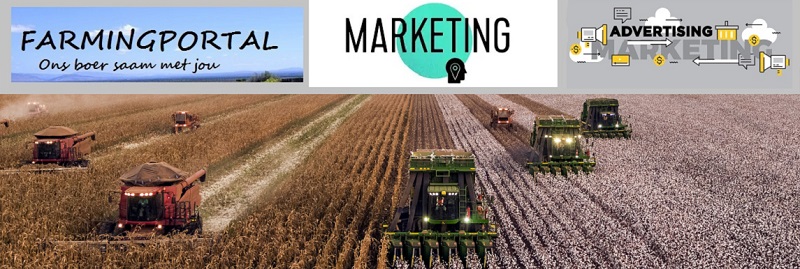That is a statement that does not only count for consumers, but for the producers of natural wine themselves.
The seeds of the natural wine movement were sown in the mid 1950s in parallel with the rise of organic farming as a co-development on the winemaking side to complement the more natural approach to viticulture. It did not take long for the same negative connotations that were associated with organic viticulture to be imposed on organic/biodynamic/natural wine. Where it was simply seen as lazy do-nothing winemaking.
Even today, if not more so, customers are confused about the difference between organic, biodynamic, and natural wine. With well over 400 different kinds of sustainability certifications globally, that is no wonder. This has resulted in a loss in confidence in labels and certifications among customers.
In this post-truth world that we are living in, there is a general perception that there is an erosion of meaning in our modern world. As such, natural wine is but the latest iteration of a social movement rather than a wine style of farming style. Where customers strive for authenticity and a connection with the people that produce the wines. This striving for connection can be seen as an additional layer to the natural/organic living trend that is observed among consumers.
Although there are many thoughts as to what natural wine is or should be, the only semi-consensus that can be reached among makers and consumers (those that consider themselves in the know of such things) is that whatever you do has to be planned. It is not winemaking by accident or neglect. Minimum intervention and a respect for the grape and nature are cornerstones to the philosophy, and finally it is driven by authenticity and proximity to consumers and a rejection of commercialisation. This is exacerbated by the inherent instability of natural winemaking, transport and storage difficulties, further enhancing natural wine as an experience rather than a product.
Natural wine puts a greater emphasis on the ethical and moral sustainability of wine production rather than just the nature of production inputs (as is the case with organically produced wines). This can be seen in research done by (Vecchio, et al., 2021) where consumers of natural wine showed a negative connotation to protected designation of origin (PDO) with its rigid definitions, styles and cultivar selections so heavily promoted by mainstream winemaking community. Natural wine is therefore much closer to a philosophy than a management system that can be codified.
Herein lies the difficulty of the regulation and commercialisation of the natural wine movement. Its driving factors make it almost impossible to pin down. It can be compared to the uncertainty principle in physics where you cannot determine both the position and speed of a particle. As soon as you try to pin down what natural wine is, the goalposts move.
For a long time, it was thought that hermits and mountain men lived the way they do because they do not know of any better and if they knew of the advantages of civilisation, they would leave their primitive and from an outside observer’s perspective, ‘savage ways’ behind. However, it has been found that for these people it is a conscious rejection of civilisation that leads them to dwell in places where a civilised man dares not dwell.
 Why South African wines flop overseas
Why South African wines flop overseas
Natural wine producers are the mountain men (and woman) of the wine world, rejecting the established norms and regulations of mainstream traditional winemaking. They see themselves as proponents of self-determination where we are all responsible for our own actions and where authenticity and trust are the only governing law. The regulation of natural wine is seen as a corruption of its ideals, only existing to invite in bad actors and promote consumerisation into an already over commoditised world.
This can be seen by the reluctance of natural winemakers worldwide to adopt a regulatory framework for natural wine and the backlash of the new French classification of natural wine through their "Vin Méthode Nature" classification, trying to be the first wine producing nation to legislate what “natural wine” is.
As Clark Smith states, “a wine has one of three purposes: to delight, to impress, or to intrigue”. Here in lies the essence of what is the end goal of natural wine for its producers.
So,what is natural wine and how do people perceive it?
It seems it is whatever the hell it wants to be and that is the way its proponents and consumers like it. As soon as we start regulating it to facilitate commercialisation, it will just become another sticker on a bottle pushing the mountain people of the wine industry to move away to somewhere they can live their own truths, determine their own destinies and delight, impress or intrigue consumers that feel the same way.
So, next time you see an advertisement or post for a new natural wine bar, know that most likely the music is going to be loud, the people colourful, and the wines strange.















